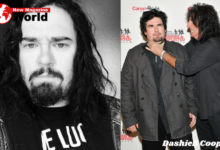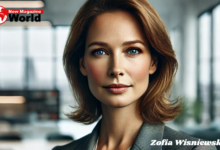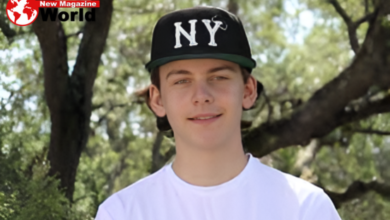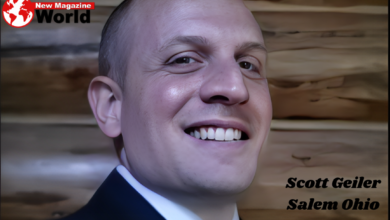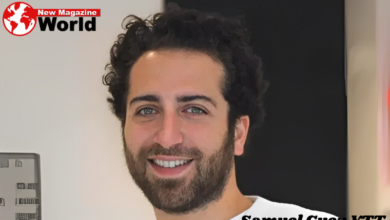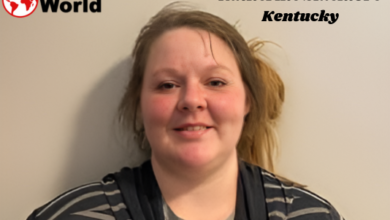Vladimir Putin: A Deep Dive into the Life and Legacy of Russia’s Leader
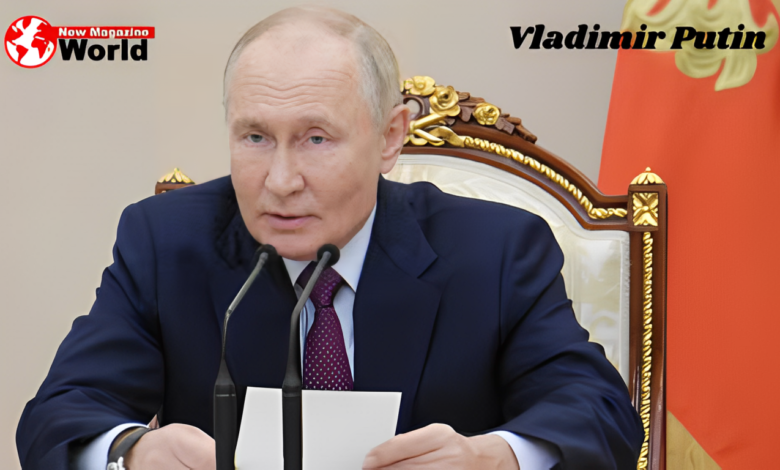
Vladimir Putin is one of modern global politics’s most well-known and controversial leaders. His tenure as Russia’s president and prime minister has spanned over two decades, during which time he has wielded immense power both within Russia and on the international stage. Under his leadership, Russia has experienced significant political, social, and economic transformations, some seen as stabilizing, while others are deemed oppressive.
Early Life and Career of Vladimir Putin
Vladimir Vladimirovich Putin was born on October 7, 1952, in Leningrad (now St. Petersburg), Soviet Union. He grew up in a working-class family, with his father as a factory foreman and his mother as a homemaker. Putin’s early life was marked by hardship, especially as his family struggled in the aftermath of World War II. These formative years are said to have shaped his views on loyalty, discipline, and survival, traits that would later define his leadership style.
After high school, Putin studied law at Leningrad State University, where he graduated in 1975. Upon graduation, he joined the Soviet Union’s security service, the KGB, a move that would play a significant role in his future political career. Putin was stationed in East Germany as a KGB officer for several years during the Cold War, and this experience provided him with deep insight into espionage, international diplomacy, and statecraft.
Vladimir Putin’s Rise to Power
The collapse of the Soviet Union in 1991 led to major upheavals in Russia’s political system. Having resigned from the KGB, Putin entered politics and became involved with the administration of St. Petersburg, where he worked closely with Mayor Anatoly Sobchak. His ability to navigate the turbulent political landscape quickly brought him to the attention of influential figures within Russian politics.
By the late 1990s, Putin had risen to the national stage, joining the administration of then-President Boris Yeltsin. In 1999, Yeltsin appointed Putin as prime minister, a role that would soon pave the way for his presidency. When Yeltsin unexpectedly resigned on December 31, 1999, Putin became Russia’s acting president, a position he formally secured through elections in March 2000. Vladimir Putin‘s grip on Russian power steadily tightened from that point forward.
Vladimir Putin’s First Presidency (2000–2008)
Vladimir Putin’s first presidential term marked a significant shift in Russia’s trajectory. At the time of his ascension, Russia faced immense challenges: economic instability, internal political fragmentation, and the rise of oligarchic power. Putin’s priority was to stabilize the Russian state, which he did by centralizing power, curbing the influence of oligarchs, and strengthening the federal government’s control over regional administrations.
Putin also worked to reform Russia’s economy, which had suffered tremendously during the chaotic post-Soviet years. His administration oversaw significant economic growth, mainly buoyed by rising oil prices. This period saw improved living standards for many Russians, and Putin’s popularity surged as he was credited with restoring a sense of order and national pride.
However, this period also marked the beginning of what critics call the erosion of democratic institutions in Russia. Media outlets were brought under state control, political opposition was weakened, and civil liberties were curtailed. While Putin justified these moves as necessary for Russia’s stability and security, they raised alarm bells among international observers.
Vladimir Putin as Prime Minister (2008–2012)
Due to constitutional term limits, Putin could not run for a third consecutive presidential term 2008. Instead, he positioned Dmitry Medvedev, a close ally, to succeed him, and Putin took on the role of prime minister. Although Medvedev was president, most observers believed that Putin still wielded the most influence in the Russian government.
Medvedev initiated several modernization and reform policies during this time, but Putin remained the central figure behind many critical decisions, particularly in foreign policy. The two operated in tandem, often referred to as Russia’s “tandemocracy,” their cooperation allowed Putin to stay at the forefront of Russian politics.
Vladimir Putin’s Return to the Presidency (2012–Present)
In 2012, Vladimir Putin returned to the presidency amidst widespread protests against his continued hold on power. Many Russians, particularly the urban middle class, were dissatisfied with what they saw as an increasingly authoritarian regime. Despite this, Putin won the 2012 presidential election by a large margin, signalling he still had widespread support among the broader population, particularly outside major cities.
PutinIncreasingly aggressive foreign policy moves marked Putin’s third term in office2014; Russia annexed Crimea following the Ukrainian Revolution, an act that sparked international outrage and led to economic sanctions against Russia. This event marked a significant shift in post-Cold War geopolitics and led to the ongoing conflict between Russia and Ukraine.
Domestically, Putin continued to centralize power, clamp down on opposition, and restrict freedom of speech. The Russian government’s control over media and its suppression of political dissent have drawn widespread criticism from human rights organizations. Nonetheless, Putin has maintained high approval ratings, buoyed by his image as a defender of Russian interests and a strongman leader who can stand up to Western powers.
Vladimir Putin’s Foreign Policy
Under Vladimir Putin, Russia has pursued an assertive and, at times, aggressive foreign policy. He aims to restore Russia’s status as a global superpower, countering what he sees as Western encroachment on its sphere of influence. Putin’s Russia has intervened in various conflicts, including the Syrian Civil War, in which Russia supported the regime of Bashar al-Assad.
The annexation of Crimea in 2014 and Russia’s support for separatist movements in Eastern Ukraine have been critical elements of Putin’s foreign policy, leading to widespread condemnation from the international community. Western countries, led by the United States and the European Union, have imposed sanctions on Russia, which have significantly impacted its economy. However, Putin’s defiance of international criticism has only bolstered his image as a strong leader in the eyes of many Russians.
Russia’s interference in the 2016 U.S. presidential election, as alleged by U.S. intelligence agencies, has further strained relations between Moscow and Washington. Accusations of Russia using cyberattacks and disinformation campaigns to influence political outcomes in various countries have become a key feature of Putin’s foreign strategy.
Vladimir Putin’s Legacy
Vladimir Putin’s legacy is one of profound complexity. For many Russians, he is the man who brought stability, restored national pride, and reinvigorated the country’s global standing. His economic policies in the early 2000s led to growth and prosperity for many, and his focus on centralizing power has prevented the political chaos of the 1990s from returning.
However, Putin’s tenure has also been marked by significant repression. Opposition figures have been jailed, exiled, or, in some cases, assassinated. The political system in Russia has become increasingly authoritarian, with little room for genuine dissent. While Putin’s popularity remains high in many quarters, there is growing unrest, particularly among younger generations, disillusioned by the lack of political freedom and economic opportunity.
Vladimir Putin’s Influence on Global Politics
Vladimir Putin’s influence extends far beyond Russia’s borders. His leadership has reshaped international geopolitics, particularly in Europe and the Middle East. Under Putin, Russia has positioned itself as a counterweight to Western hegemony, engaging in military interventions and diplomatic efforts to expand its influence.
Putin’s alliances with countries such as China and Iran have also reshaped global political dynamics. While his relationships with Western leaders are often fraught, Putin has found common ground with other nations seeking to challenge U.S. dominance.
Conclusion: Vladimir Putin’s Complex Reign
VladiA mixture of strongman tactics, economic reform, and an assertive foreign policy has defined Vladimir Putin’s rule leadership. This leadership has left an indelible mark on Russia and the world, and his tenure shows no sign of ending anytime soon. While his supporters credit him with restoring Russian strength and sovereignty, his critics argue that his methods have eroded democracy and human rights.
As Russia continues to play a significant role in international affairs, Vladimir Putin remains one of the most influential—and polarizing—figures of the 21st century. His legacy, still in the making, will undoubtedly be studied for years as he continues to shape Ja’s future and the political landscape.
